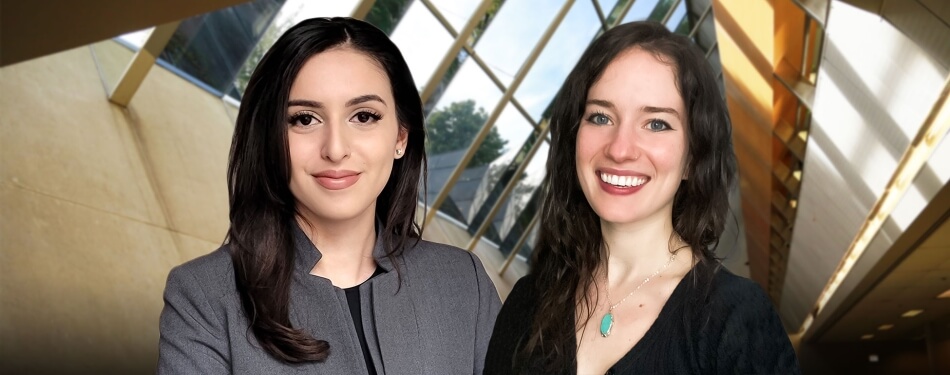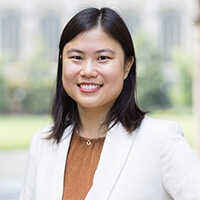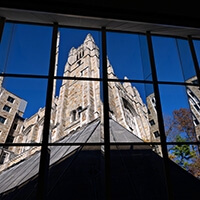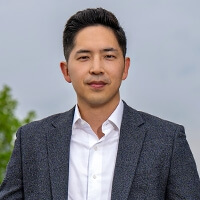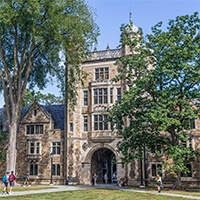Adina Nadler and Justine Glubis, both second-year law students, are among the recipients of the 2023 Dow Sustainability Fellowship. They are joining 31 other students from across the University of Michigan’s graduate programs to co-create actionable, high-impact solutions for businesses, nonprofit organizations, and communities—all in an effort to advance sustainable practices.
For Glubis, her work with the program also is a way to honor her ancestors.
She is part of a team that will work with the Ripples Foundation to help create a farm in Ghana for women to achieve upward mobility. The team seeks to develop a strategy and execution plan to address the seasonality of products, rectifying an economic gap in harvesting that hinders women.
“Being Trinidadian and Puerto Rican, forced labor is ingrained in my lineage. This vile practice continues today, and victims of modern slavery don’t separate their lives into forced labor and environmental degradation,” Glubis said. “The Dow Sustainability Fellowship offers the opportunity to honor my ancestors meaningfully, working in an interdisciplinary team to implement actionable change that protects those still impacted by indentured servitude and enslavement.”
At the same time, Glubis said, the fellowship will provide a new learning experience to enhance her personal and professional journey.
“In law school, I wanted to learn how to center my career as a corporate attorney around human dignity. Thus far at Michigan Law, I’m working with the Community Enterprise Clinic to help nonprofits in Detroit, and I’m in the process of starting a nonprofit, Fighting For Fairness, that will offer scholarships, mentorship, and resources to low-income law school applicants. The Dow Fellowship translates my experience to an international scale, as my team’s final product will ultimately reflect what the Ghanaian women want instead of interposing our opinions.”
The fellowship also is an important professional development opportunity for Nadler, who is pursuing a career in environmental law.
She will be working alongside students from the schools of public policy, environment and sustainability, and public health to create an eligibility tool that will assist environmental justice communities in obtaining climate resilience funding through the Inflation Reduction Act.
“I hope to work for an environmental NGO after law school, and this fellowship and my assigned project will provide me with valuable knowledge in my area of interest as well as some skills to be a creative solution-maker,” Nadler said.
The ability to tackle complex problems like climate change, she noted, is rooted in interdisciplinarity, and she looks forward to learning how her approach differs from and can be shaped by her fellow graduate students.
“While law will be the language that I speak most fluently, I hope to gain proficiency in working with and understanding ideas from across disciplines, because this will be necessary for effective, enduring, and thoughtful solutions.”

